★★★★ out of 4
“Cast Away” is one of those movies that nearly everyone has seen at least once. That being said, anyone who even knows of Tom Hanks is familiar with “Cast Away”. Its quotable dialogue weaves its way into everyday conversation. Whether we’re crying out “Wilson!” or maniacally screaming, “Fire!”, we’re paying homage to a great American film.
When a man finds himself stripped of life’s essentials in the middle of an island in the Pacific Ocean, he must rely on his instincts and on-the-go thinking. Tom Hanks’ pompous character, Chuck Noland, finds himself in this position after becoming the sole survivor of a FedEx plane crash.
Noland works in a high position with FedEx as a systems engineer, and he cares more about business than his friends, family or anything else in life. Obsessed with meeting business deadlines, Noland spontaneously decides to take a trip at Christmas time. He exchanges gifts with his wife (Helen Hunt) on the tarmac just before boarding his plane. While she gets him a heartfelt family heirloom, he gets her a pager, journal and bathroom towels, all gifts with minimal sentimental value. At this point, we truly understand what kind of a man Chuck Noland is, and it will take a disaster to change him.
We see it more often than not in these kinds of films; a jerk treats his colleagues poorly and ends up experiencing some sort of life-changing disaster. The FedEx plane Noland boards goes down somewhere in the Pacific Ocean, and he appears to be the lone survivor.
To examine Noland’s life from the beginning to the end of the film is quite astonishing. Never can a man’s life outlook turn 180-degrees as quickly as Noland’s. Not only does “Cast Away” tell Noland’s struggle of survival, but it incorporates us into it, making us feel like we are also on the island.
The movie is undoubtedly one of the key contributors to Tom Hanks’ legacy. For nearly three- quarters of the film, Hanks is the only one on screen. A role which demands the highest caliber performance from an actor. Almost the entirety of the movie’s emotion is sparked by Hanks. He delivers such a genuine performance, indisputably one of the best of his career, as he faces struggles with himself and his artificial best friend, Wilson the volleyball. After losing nearly 55 pounds, Hanks received an Academy Award nomination for his performance as Chuck Noland, but unfortunately lost to Russell Crowe for “Gladiator.” Hanks’ ability to interact with nature is truly one-of-a-kind.
In a way, Noland is one of the great antiheroes in film history. We start off hating him, his mentality and how he treats those closest to him. The movie spends two hours toying with our emotions as an audience, attaching us to Noland’s character. Not only do we grow comfortable with who he is, but we begin to root for him. The film begins with a demeanor we all oppose, yet when it’s just Noland and the viewing audience on that island, he becomes our best friend.
“Cast Away” is one of the most powerful movies in controlling audience emotion. Just as director Robert Zemeckis did with “Forrest Gump,” he gave us a clear main focus of the story, and he tells it strictly through the eyes of this specific character. The movie is so well done that whatever Noland feels, the audience does as well. Zemeckis brilliantly finds a way to do that in almost all of his films, and the terrific characterization of Chuck Noland gives us a legitimate reason to care about this jerk’s fate.
The movie is an absolute staple in the current Netflix collection. Just added at the beginning of this year, “Cast Away” should be around long enough for any viewer who hasn’t seen it yet to crawl out from under their rock (or back under it) to devote two hours to one of Hollywood’s most iconic films.

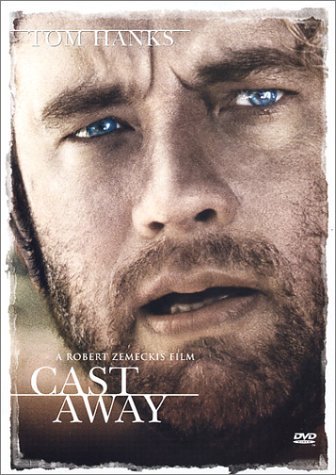

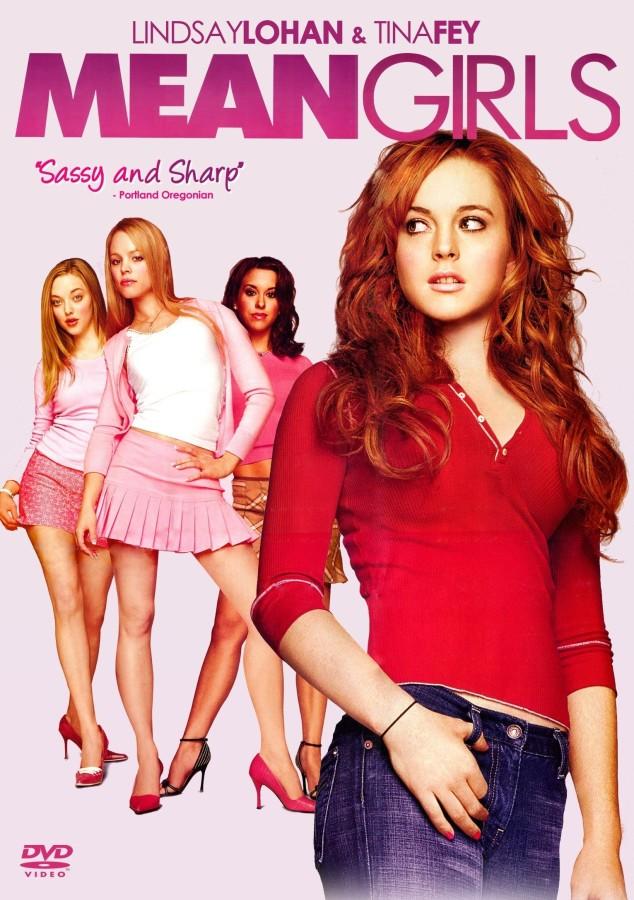
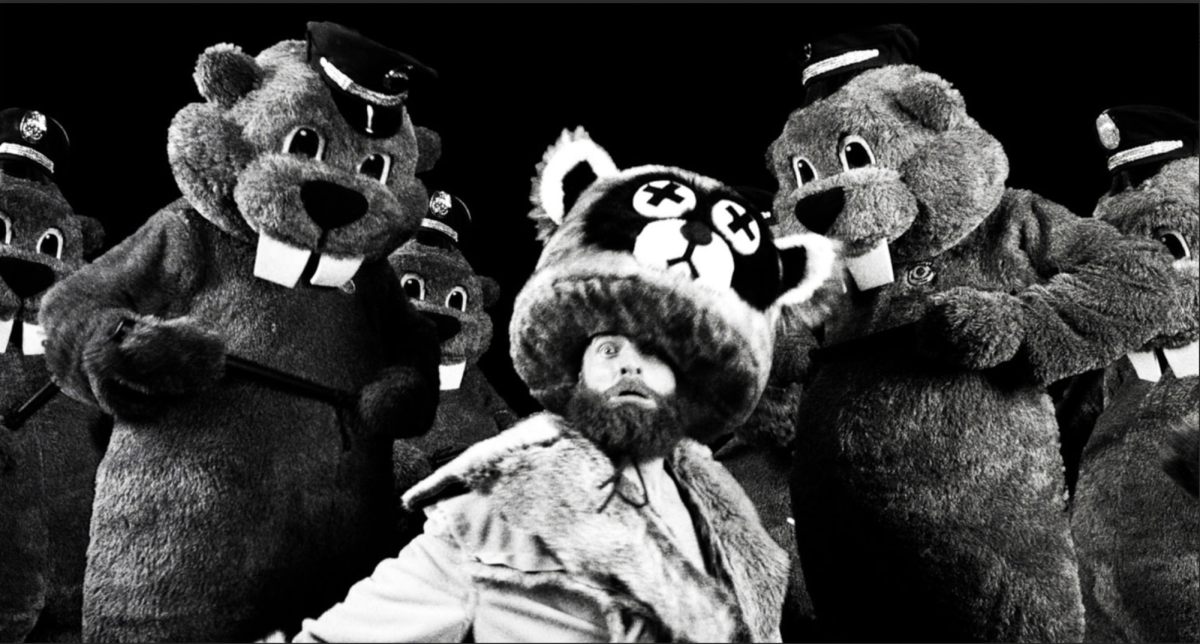
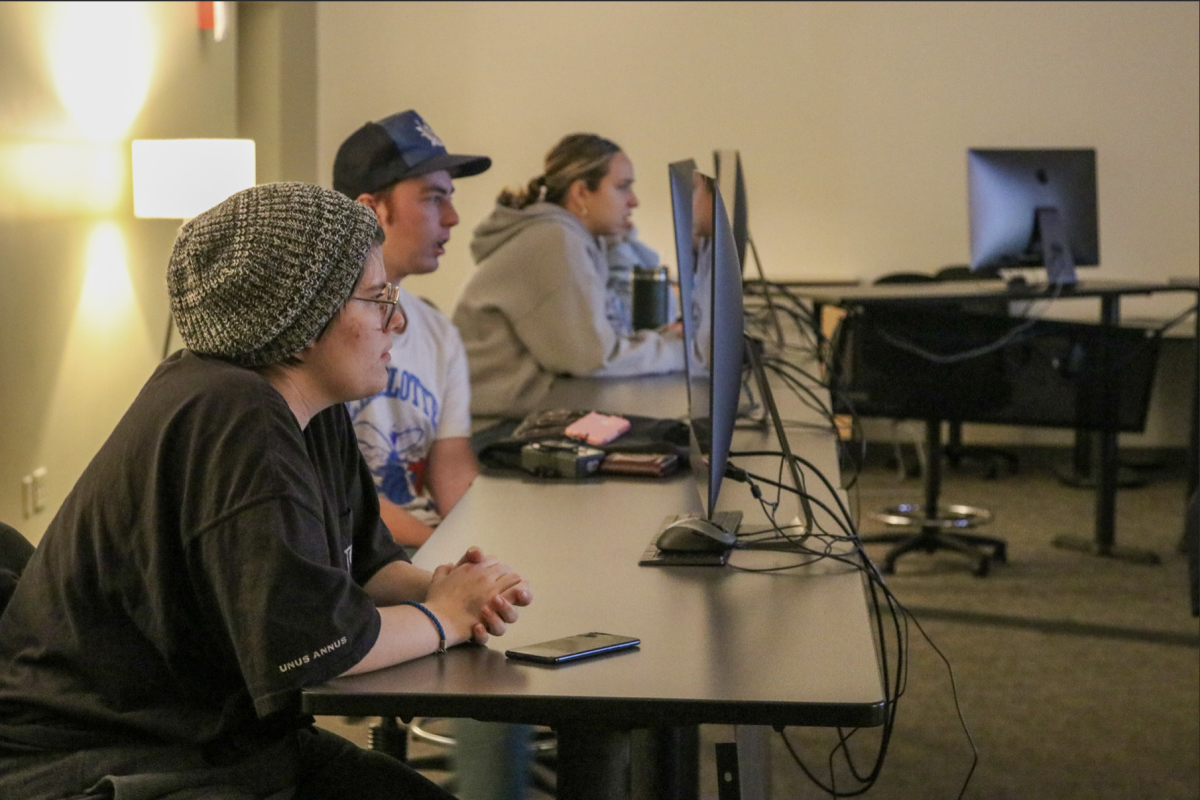
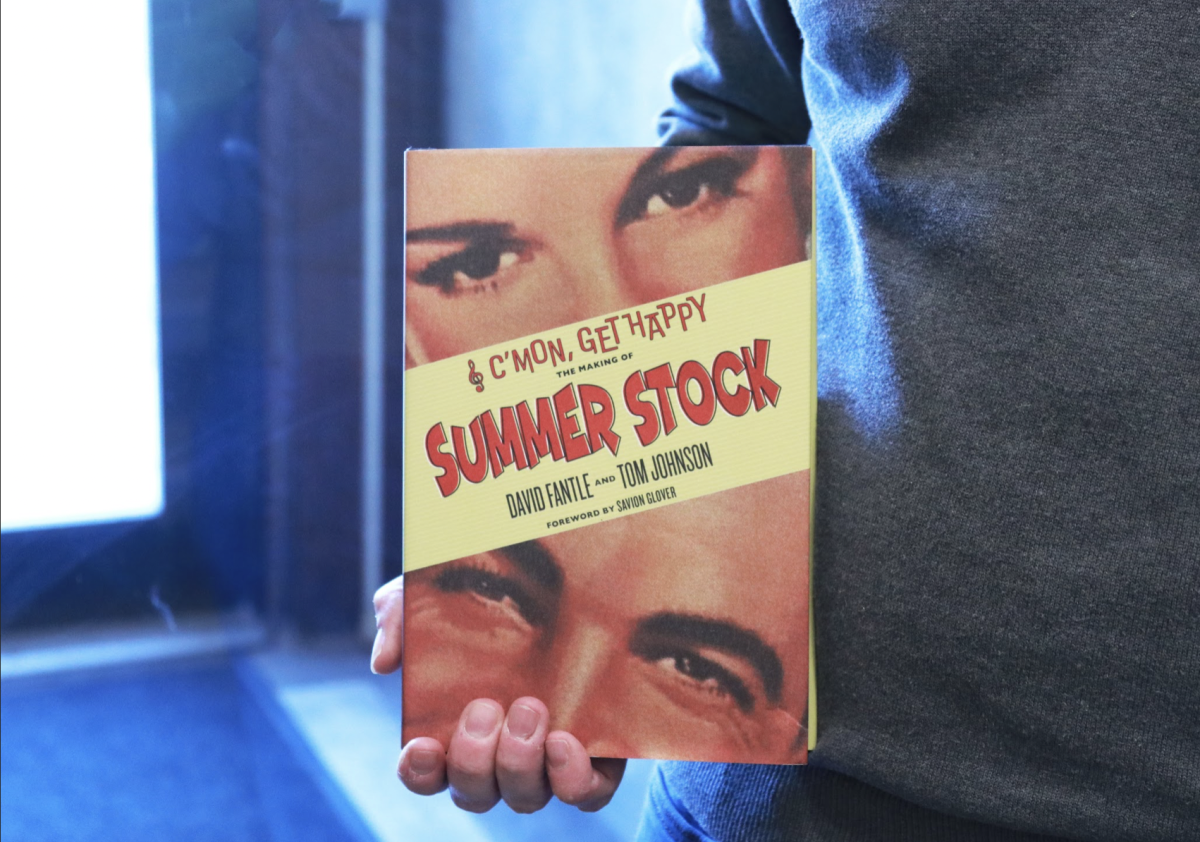
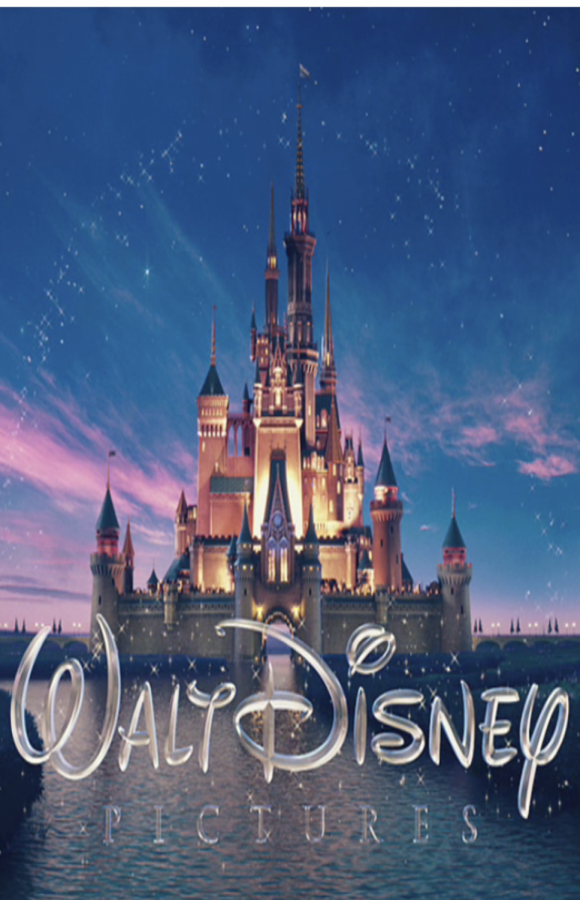
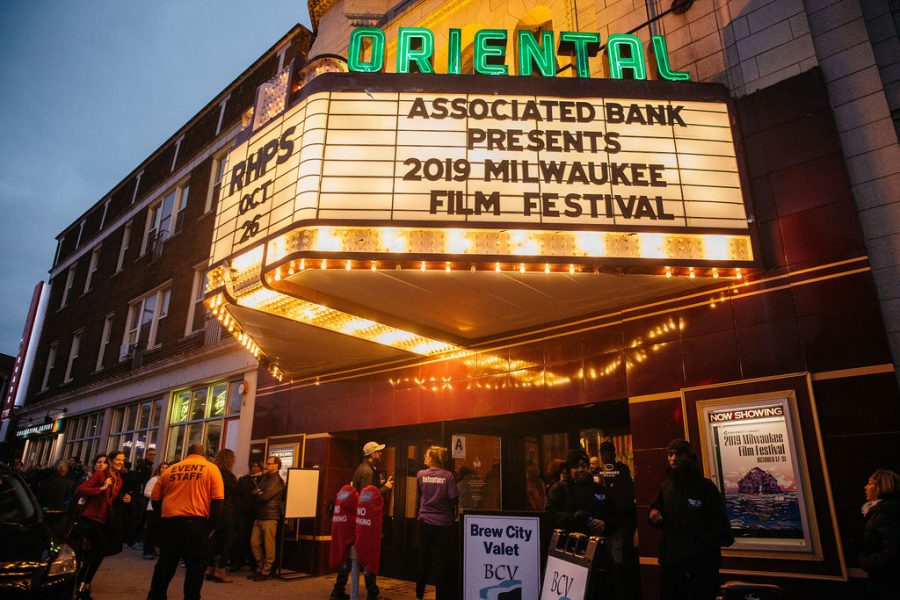
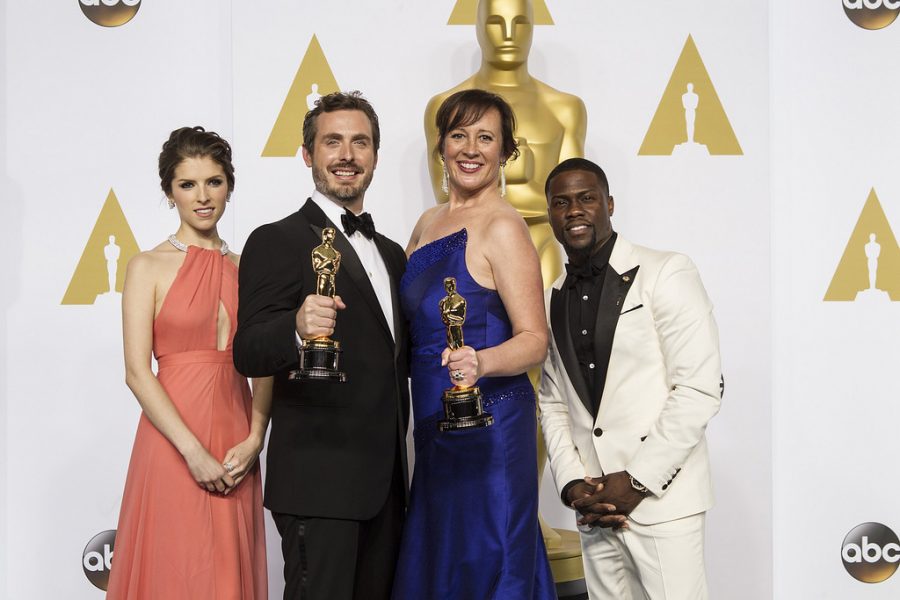

Kofi • Mar 21, 2015 at 9:33 am
Great job and I loved the movie.